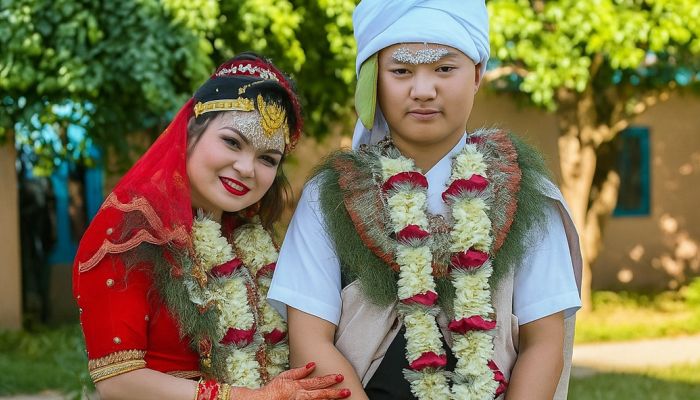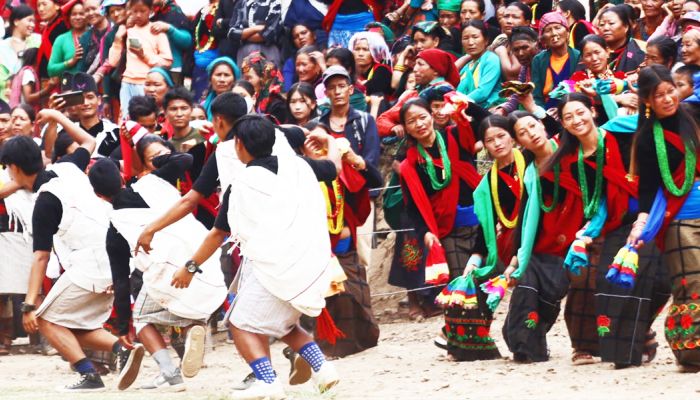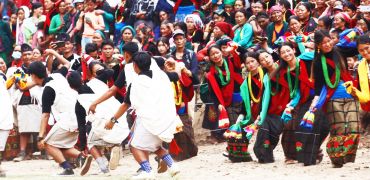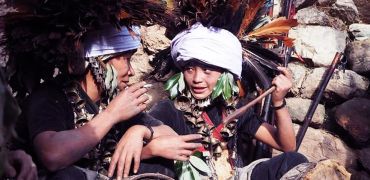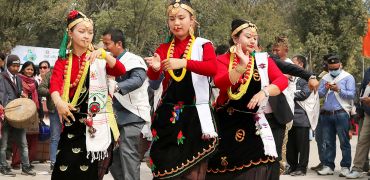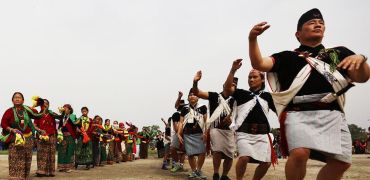Magar Culture
The Magar people are one of the largest Indigenous ethnic groups of Nepal, primarily inhabiting the mid-hill regions of western and central Nepal. Known for their rich oral traditions, distinct language clusters, and deeply rooted clan-based social organization, the Magars maintain a vibrant cultural identity shaped by ancestral rituals, shamanic practices, and agrarian lifeways. Historically, Magar society was organized into two major territorial and cultural divisions: Barah Magarath (Twelve Magar Regions) in the west and Atharah Magarath (Eighteen Magar Regions) in the east. These divisions reflect long-standing regional distinctions in dialect, custom, and political organization, which continue to influence Magar identity and ritual practice today.
Magar Weddings: Rituals of Kinship and Social Balance
The Magar marriage system constitutes a central institution within Magar society, simultaneously reflecting persistent traditional frameworks and emergent social adaptations evident in its diachronic evolution.
Bheja –Social Cluster of the Magars
Bheja is a social cluster or a traditional organization within the framework of indigenous Magar culture. It is a part of the customs of communal bonding that have existed for hundreds of years
